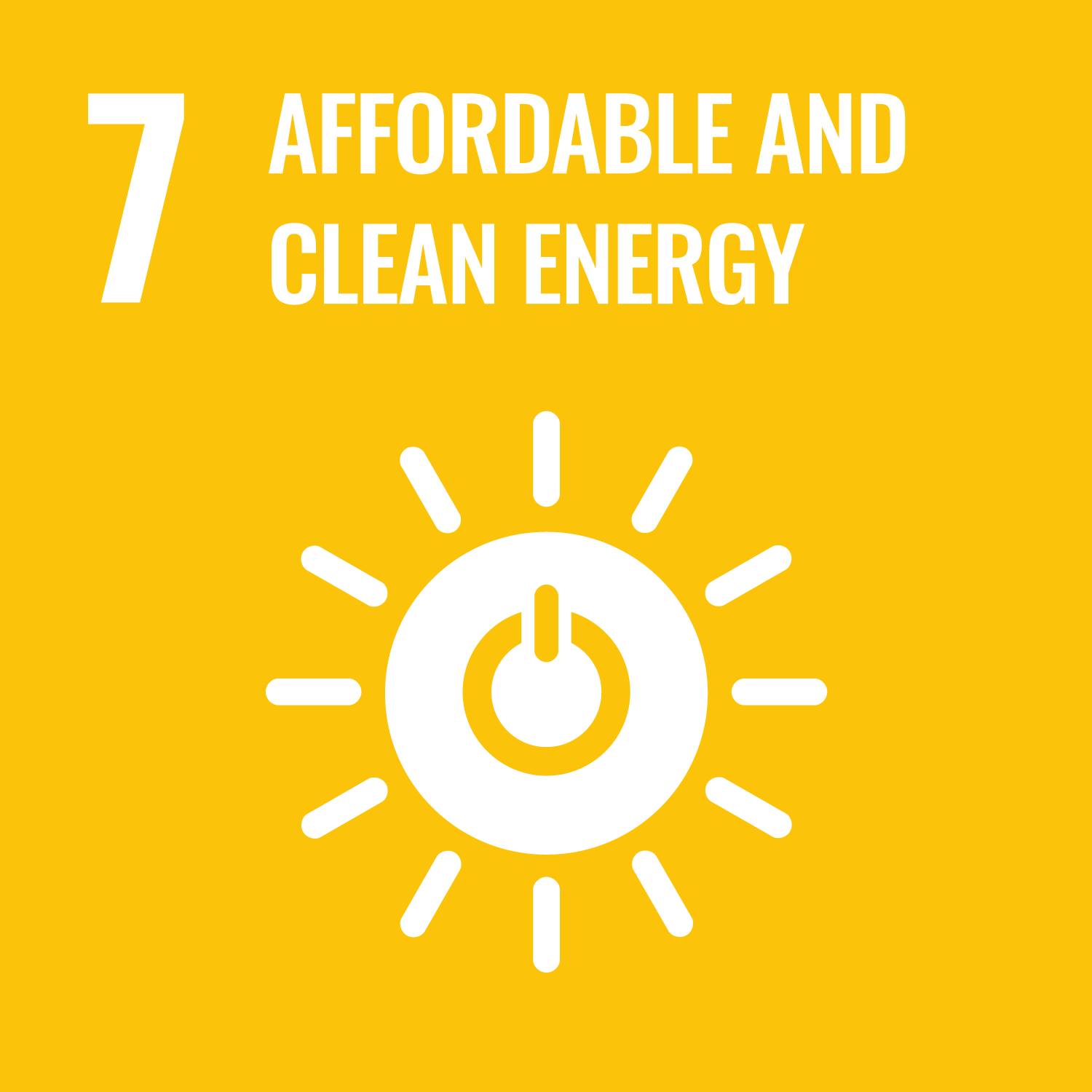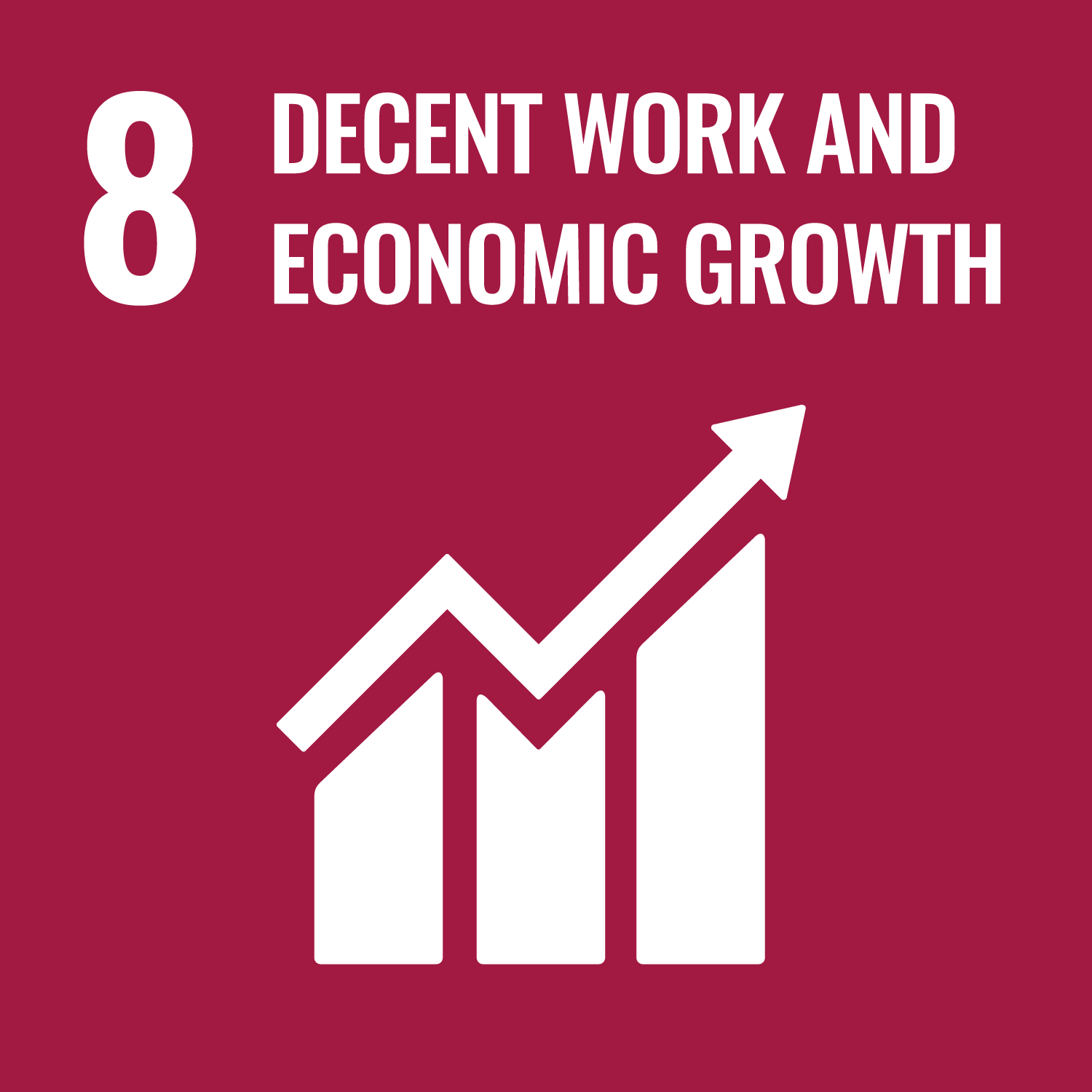Promotion of Solar Technologies for Economic Development (POSTED)

Objectives
- Improving the legal framework conditions for the application of solar technologies for economic development at the sub-national level.
- Improving the range of basic and advanced training courses for the planning and use of solar technologies.
- Strengthening the technological prerequisites for controlling and monitoring the effects of solar systems on the climate, environment, and natural resources.
Description
The POSTED project aims to improve the enabling environment for disseminating solar photovoltaic (PV) technologies such as solar pumps for agricultural irrigation, solar-powered mini-grids, and solar rooftop systems for the energy supply in selected provinces of Nepal. To achieve this, the project aims on supporting an enabling legislative framework and upgrading the competencies of the public and private actors at the sub-national level for planning, management, and long-term maintenance of the promoted solar systems. Additionally, the project focuses on economic development through PV technologies and on developing digital solutions that contribute to planning and monitoring impacts on the environment, climate and local resources.
Approach/Field of intervention
The POSTED project facilitates the transition to a greener economy through an improved enabling environment to expand PV technologies. The project operates in the following different activities to achieve the aforementioned objectives.
- Incentive schemes for solar technologies: By focusing on providing recommendations for improving the existing legislative framework, incentive schemes and their delivery mechanisms, the project aims to accelerate the deployment of solar technologies, improve the coordination between key state actors and enhance the sustainability of solar projects financed with public resources. POSTED is also providing support to sub-national governments to promote and incentivize solar technologies.
- Technical standards and guidelines: The project provides technical assistance for the development of technical guidelines for the design and implementation of solar systems. This will support the private sector during the design process and maintenance as well as the public sector during quality control for building and managing more robust and reliable PV installations.
- Capacity development: The project is cooperating with vocational training institutions and universities, to design and offer courses for public and private actors to improve the quality of planning, management and long-term maintenance of the promoted solar systems. A strong focus on women and youth contributes to developing the next generation of solar experts in the country.
- Digital systems for planning and monitoring: To measure the impacts of solar technologies, the project is working on the development of digital tools. Among others, the project aims to adapt digital systems for the design and sizing of solar irrigation systems as well as monitoring groundwater withdrawal. The project is also contributing to the enhancement of the existing national renewable energy data management system by developing modules for estimating avoided greenhouse gas emissions and tracking electronic waste generated by solar projects.
Targeted beneficiaries
Population groups living in remote areas, farmers and businesses where electricity supply contributes to the economic and social development of individual households, enterprises, and smallholder farmers.
Highlight activities /Achievements
- Operational plan developed and agreed upon with AEPC
- Inspected existing PV systems – assessed the sustainability
- Provided input for improving subsidy delivery mechanisms
- Provided input for the update of quality standards (NEPQA)
- Identified gaps in current technical guidelines for solar PV
- Held interviews with ~60 private sector companies regarding their challenges and capacity deficits
Publications/Knowledge Products
COUNTRY
ASIA , Nepal
DURATION
June 2021 - December 2023





